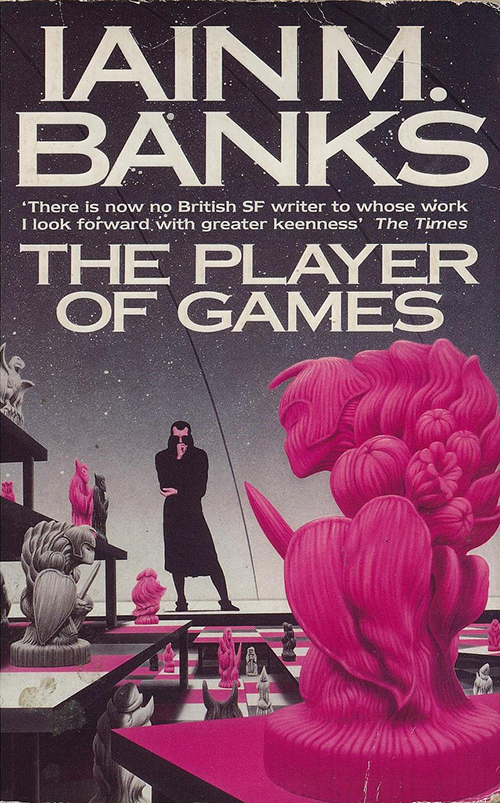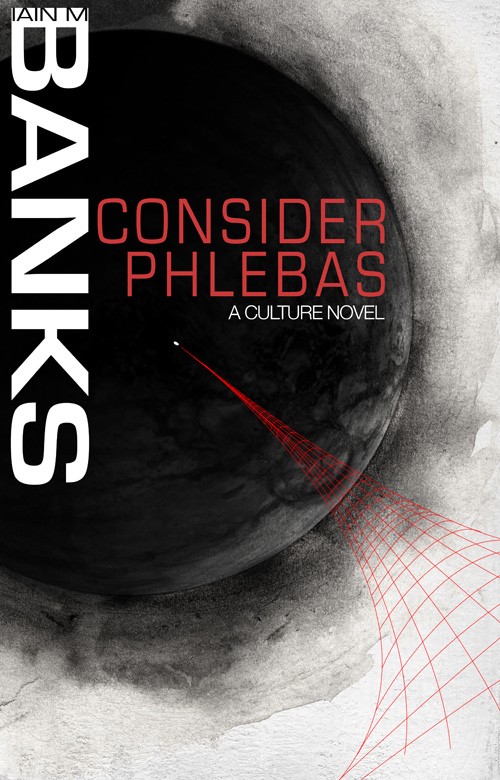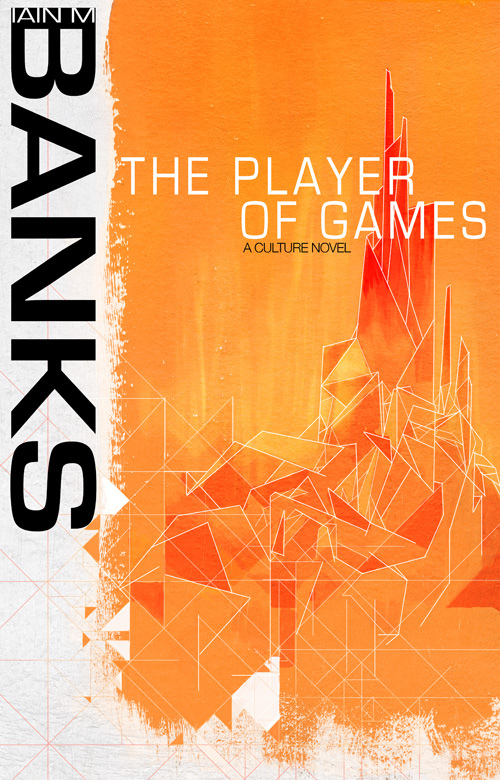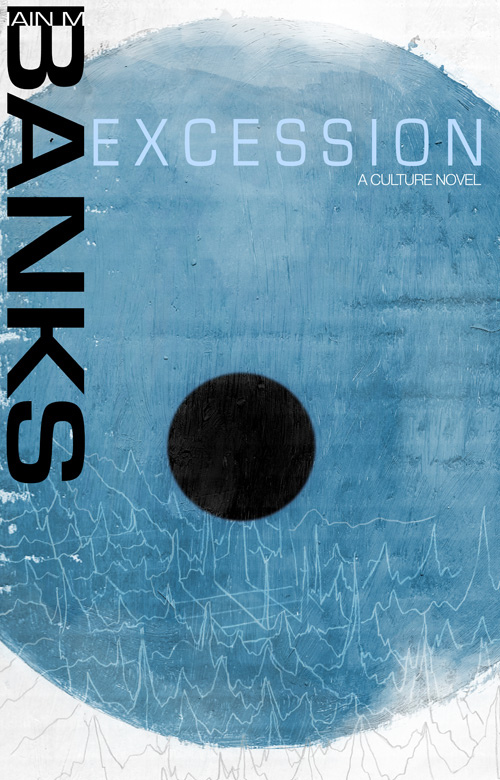Since my last post, I’ve been staying up late burning through The Player of Games by Iain M. Banks. I loved it. This is now unofficial Banks week at the Hypercastle.
Cover by Mark Salwowski, via qualityapeman’s Flickr stream.
The Player of Games is a much better introduction to The Culture than either of the other books I’ve read, Consider Phlebas (the first published Culture book) and Matter. The Player of Games is a tightly structured story of the confrontation between one Culture person, Jernau Morat Gurgeh, and a very different society. Banks is leisurely in the introduction, showing us “the extended cocktail party” that is the Culture, as Russ Allbery put it in his review. In the latter two thirds of the book, Banks shows us the Culture in contrast to its enemy. I’m usually not very taken with utopias but I find the Culture totally captivating. It’s the perfect escape for a feminist leftist rationalist artist. When I allow myself to hope, I dream that the arc of history is bending humanity towards something similar. Therefore I found it especially thrilling when Gurgeh’s story pits his values against an oppressive capitalist interstellar empire that is the dark shadow of our future. Unlike the other Banks sf books I’ve read, The Player of Games has much more thought than action. The conflict centers around matches of a byzantine board game called Azad. We are told that Azad is incredibly complicated but fortunately Banks leaves all but a few evocative details to our imagination. Another intriguing sf conceit in the book is the three-sexed species that rules the Empire of Azad, especially when the narrator breaks the fourth wall and discusses the reasoning behind pronouns choices. Does it make it easier to see the effects of patriarchy through the twisted mirror of an all together alien gender? Outside of the combined critique of capitalism, imperialism, and patriarchy, what I most enjoyed about this book was reading about Gurgeh excelling at the game bouts. There’s something compelling about following the exploits of a highly competent individual. But if you prefer your protagonist to be more relatable, human, and flawed, this is not the book for you.




